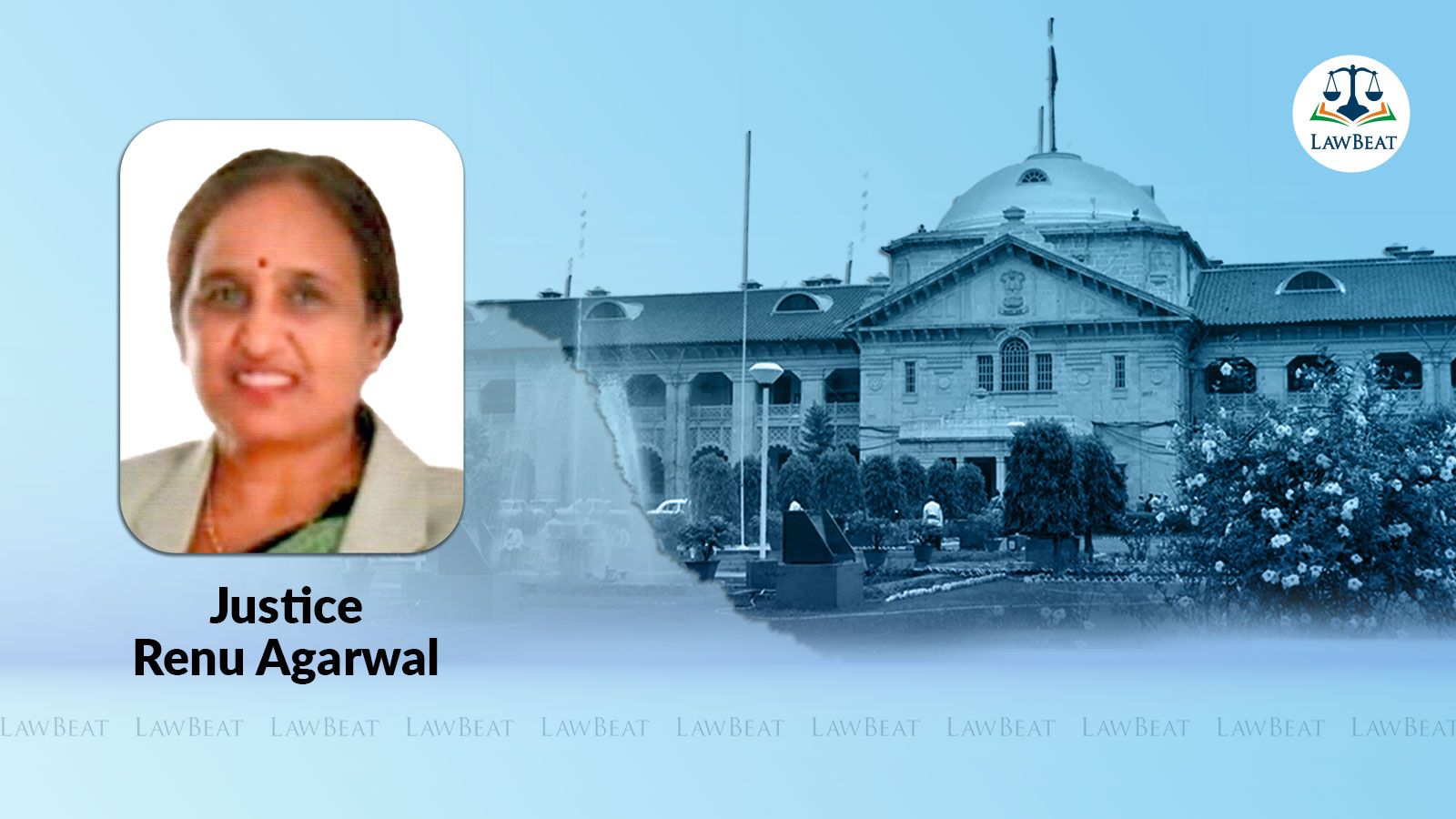Shariyat Deems It 'Zina and Haram': Allahabad HC Junks Protection Plea of Married Muslim Woman and Hindu Live-In Partner

Court held that if protection is granted to such a couple, it may amount to granting protection against the commission of offence under Sections 494 and 495 IPC
The Allahabad High Court recently dismissed a protection plea filed by a married Muslim woman against her father's interference in her live-in relationship with Hindu live-in partner.
The bench of Justice Renu Agarwal noted that the woman was legally wedded wife of a Muslim man and she had not obtained any decree of divorce in that marriage from the competent authority.
"She is living with petitioner no.2 in contravention of the provisions of Muslim Law(Shariat), wherein legally wedded wife can not go outside marriage and this act of Muslim women is defined as Zina and Haram," the judge held.
Taking a stern stance, the judge added, "If we go to the criminality of the act of petitioner no.1 she may be prosecuted for the offence under section 494 and 495 IPC, as such relationship is not covered within the phrase of live-in-relationship or relationship in the nature of marriage".
The Muslim woman and her live-in partner had moved the high court under Article 226 of the Constitution seeking a writ order or direction to the state authorities to not interfere in the peaceful life of the petitioners and to provide them security.
They submitted that her earlier husband, who was a Muslim man, had married another woman, therefore, she willfully left her matrimonial home to live at her parents' house. However, she alleged, that her father tortured her and she sought shelter in care of her current live-in partner.
Since the couple apprehended danger to the life and liberty from the woman's father, and her other family members, they moved an application before the Senior Superintendent of Police but to no avail. The police's inaction forced the couple to move the high court.
The plea was opposed by the counsel for the state who argued that since the woman had not obtained any decree of divorce from her earlier husband, therefore, her relationship with her live-in partner was adulterous.
Court referred to the Supreme Court's ruling in Kiran Rawat and Another Vs. State of U.P. where it was observed that "any sexual, lustful, affectionate acts such as kissing, touching, staring, etc. are 'Haram' in Islam before marriage because these are considered parts of 'Zina' which may lead to actual 'Zina' itself".
Court held that in view of the factual matrix of the matter, if protection to the couple is granted against the woman's father's alleged harassment, it may amount to granting protection against the commission of offence under Sections 494 and 495 IPC.
While observing that it is settled law that writ of mandamus can be issued only if the petitioners has legal right to the performance of legal duty by the party against whom the mandamus is sought, court dismissed the woman and her live-in partner's plea.
Case Title: Saleha And Another v. State Of Up And 3 Others
